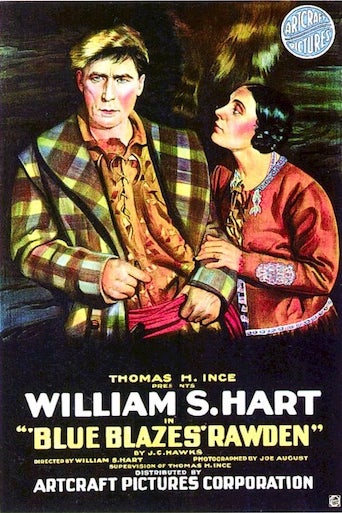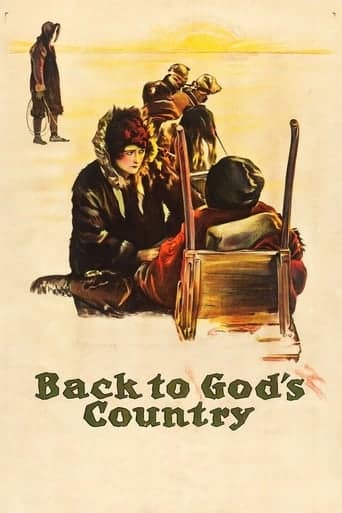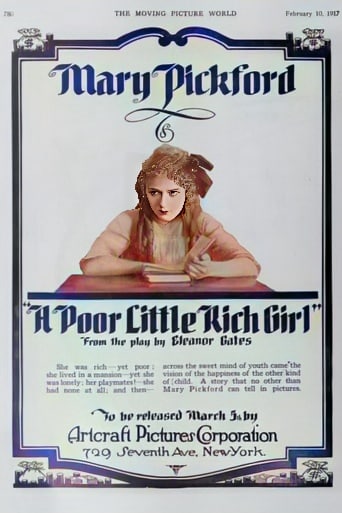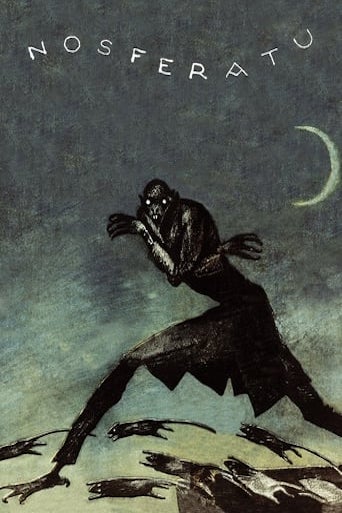Easy Street (1917)

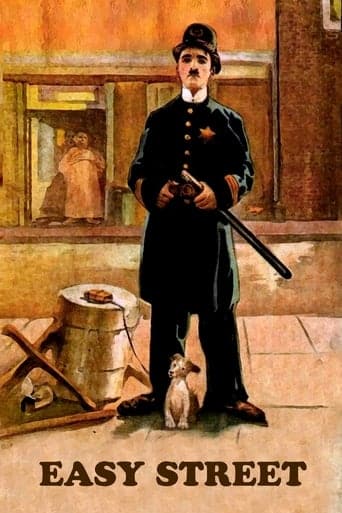 “Easy Street” (1917), a classic silent film directed by and starring Charlie Chaplin, stands as a testament to Chaplin’s comedic genius and social commentary.
“Easy Street” (1917), a classic silent film directed by and starring Charlie Chaplin, stands as a testament to Chaplin’s comedic genius and social commentary.
Released during the era of silent cinema, “Easy Street” showcases Chaplin’s iconic character, the Tramp, in a narrative that combines humor, heart, and a subtle critique of societal issues.
The film begins with the Tramp, played by Chaplin, as a destitute and hungry wanderer. Seeking a fresh start, he notices a “Help Wanted” sign outside a police station. With a stroke of luck and a dash of irony, the Tramp becomes a police constable, charged with maintaining law and order in the chaotic and crime-ridden neighborhood of Easy Street.
One of the film’s key strengths lies in Chaplin’s ability to infuse humor into social commentary. Easy Street serves as a microcosm of urban challenges, with poverty, crime, and social inequality on full display. Chaplin, with his trademark physical comedy and expressive face, navigates this tumultuous environment, using laughter as a tool to address serious issues.
The central conflict emerges as the Tramp faces off against a formidable adversary, a giant thug played by Eric Campbell, who dominates Easy Street with his brute strength and intimidation. The battle between the Tramp and the thug becomes a symbol of the individual’s struggle against societal injustices. In this David-and-Goliath scenario, Chaplin cleverly intertwines slapstick humor with a deeper exploration of power dynamics.
Edna Purviance, a frequent collaborator with Chaplin, plays an integral role in “Easy Street” as the Tramp’s love interest. Her character, a resident of Easy Street, symbolizes the everyday people living in the midst of adversity. The budding romance between the Tramp and Purviance’s character introduces a heartwarming element to the narrative, showcasing Chaplin’s ability to balance laughter with genuine emotion.
Chaplin’s brilliance is evident in the film’s choreography and physical comedy. Whether evading the giant thug, navigating the chaotic streets, or comically struggling with the responsibilities of a police officer, Chaplin’s performance is a masterclass in silent film comedy. The film’s visual gags and slapstick sequences contribute to its timeless appeal, resonating with audiences across generations.
“Easy Street” also highlights Chaplin’s innovative approach to storytelling within the constraints of silent cinema. The absence of dialogue is compensated by expressive gestures, exaggerated movements, and visual storytelling. Chaplin’s ability to convey complex emotions and social messages without spoken words underscores his status as a cinematic pioneer.
Beyond its comedic elements, “Easy Street” reflects Chaplin’s concern for social issues prevalent in the early 20th century. The film subtly critiques the challenges faced by impoverished urban communities and the need for social reform. Chaplin’s choice to address serious topics through comedy demonstrates the power of satire to provoke thought and inspire change.
The resolution of “Easy Street” embodies hope and transformation. The Tramp’s ability to bring positive change to Easy Street reflects Chaplin’s belief in the capacity for individuals, no matter how humble, to make a difference. The film concludes with a message of resilience and the triumph of goodwill over adversity, leaving audiences with a sense of optimism.
In conclusion, “Easy Street” (1917) remains a timeless classic that transcends the boundaries of silent cinema. Charlie Chaplin’s unparalleled comedic talent, coupled with his insightful social commentary, elevates the film to a status of enduring cultural significance. As the Tramp navigates the challenges of Easy Street, Chaplin invites audiences to laugh, reflect, and, ultimately, believe in the transformative power of humor and humanity.
Release Date: February 3rd, 1917
Main Cast Members
Charlie Chaplin (The Derelict)
Edna Purviance (The Mission Worker)
Eric Campbell (The Bully)
Lloyd Bacon (Junkie)
Henry Bergman (Kidnapper)
Charlotte Mineau (Bully’s Wife)

